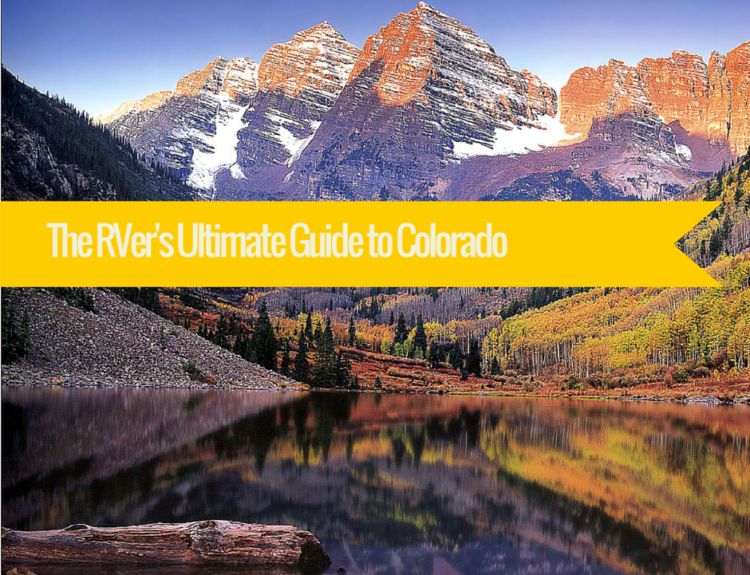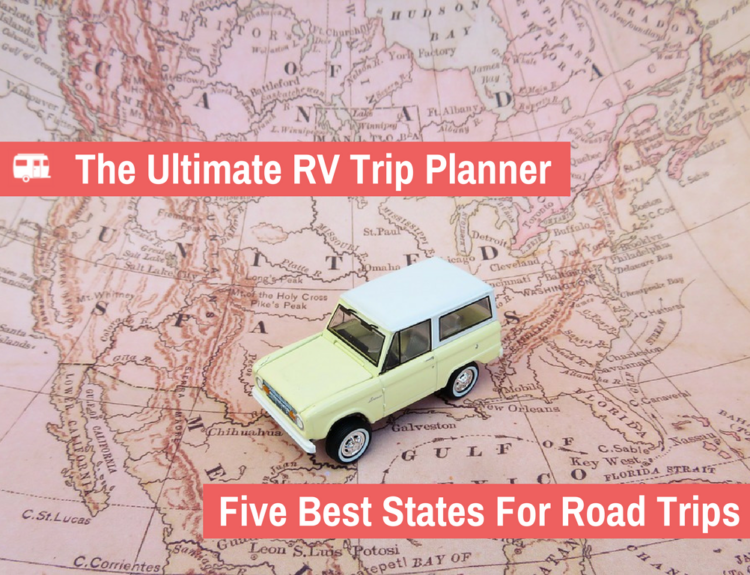Opening a campground in the United States is an exciting venture—but it’s not as simple as purchasing land and installing a few RV hookups or tent pads. To operate legally and safely, you need to navigate a multi-layered permitting process involving federal, state, and local authorities. These permits protect your business, your guests, and the surrounding environment, and skipping a step can lead to costly setbacks or even shutdowns.
This article will walk you through everything you need to know about permits to open a campground—from regulatory requirements to application timelines and ongoing compliance. Whether you’re an aspiring campground owner or an operator planning to expand, this detailed overview will help you take the next step with clarity and confidence.
Key Takeaways
- Research the federal, state, and local regulations that apply to your campground before starting the permit application process.
- Gather all required documentation early, such as site plans, environmental impact assessments, and safety protocols, to avoid delays in approval.
- Contact local zoning offices and municipal authorities to ensure your land is zoned for campground use and to understand specific local permit requirements.
- Factor in the environmental and safety regulations, like waste management, water rights, and fire safety, as part of your permit application to ensure compliance.
- Plan for the permit application process to take several months, and be prepared to follow up regularly with agencies to ensure timely approval.
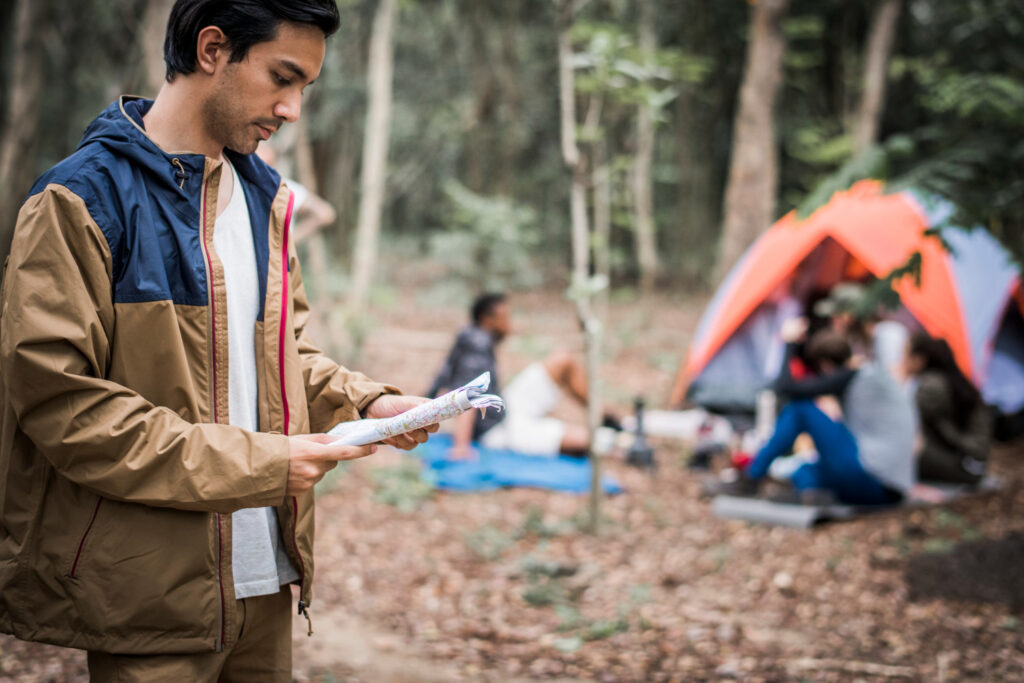
Why Campground Permits Matter More Than You Think
Permits often get a bad rap as bureaucratic hurdles, but they serve a critical purpose. For campground owners, permits are the legal foundation that allows you to open and operate with peace of mind. They ensure that your facilities meet essential safety, health, and environmental standards, which in turn protects your guests and your investment.
In many cases, failing to secure proper permits can halt construction, invalidate your insurance, or lead to fines and legal actions. Even worse, you might be forced to shut down operations entirely. Conversely, being fully permitted boosts your credibility, increases camper trust, and supports your long-term sustainability.
Who Regulates Campgrounds? A Breakdown of Federal, State, and Local Authorities
In the U.S., campgrounds are regulated by several layers of government, each responsible for different aspects of your operation. Knowing who regulates what helps you avoid confusion and apply for the correct permits the first time around.
At the federal level, you may encounter the Environmental Protection Agency (EPA), especially if your campground development affects water systems, air quality, or protected wildlife. If your campground is located near national parks, forests, or public lands, you may also need approval from the U.S. Forest Service or National Park Service. Accessibility is another federal concern—under the Americans with Disabilities Act (ADA), campground facilities must be usable by all visitors, including those with mobility challenges.
State agencies typically govern issues like public health, business licensing, and water resource management. Each state has its own process and requirements, which can include inspections for drinking water safety, septic system approval, and adherence to health codes for restrooms and food services.
Local governments are primarily concerned with land use. Zoning regulations, building codes, fire safety, and road access fall under their jurisdiction. Your local planning board or municipal office will determine if your chosen land is zoned for campground use and may require site plan reviews, environmental assessments, and public hearings.
What Permits Do You Need to Open a Campground?
While each campground is unique, certain permits and approvals are required in most areas. These fall into three main categories: federal, state, and local.
Federal Requirements
Federal permits usually come into play if your RV park will be located near environmentally sensitive areas, involves significant development, or uses natural resources like streams, lakes, or forests. For example, building near wetlands may trigger the need for a Clean Water Act permit from the EPA. If your development could affect endangered species or protected habitats, you may need an environmental impact assessment.
ADA compliance is also mandatory. This means you’ll need to incorporate accessible parking, bathrooms, trails, and other facilities that accommodate guests with disabilities. Noncompliance with ADA guidelines can lead to serious legal consequences, so it’s important to design your campground with inclusivity in mind from the start.
State-Level Requirements
Each state has a regulatory body—often within the Department of Health or Environmental Protection—that oversees campground operations. You’ll generally need a business license, proof of liability insurance, and certification that your septic and water systems meet state standards. Some states require regular inspections for drinking water quality and restroom sanitation, especially if you plan to offer services like laundry or food preparation.
In states with high tourism volume or environmental sensitivity, like California, Oregon, and New York, you can expect additional reviews. These might include stormwater management plans, fire mitigation strategies, and detailed ecological assessments. It’s essential to review your state’s campground operator guidelines before submitting any applications.
Local Zoning and Land Use
Your local municipality will have the final say in whether you can build a campground on your property. If the land isn’t zoned for recreational or commercial use, you may need to apply for a zoning variance or a special use permit. This process can involve submitting a detailed site plan, appearing before a planning board, and allowing for public comment.
Other local requirements may include road access approvals, emergency vehicle clearance, fire safety inspections, and adherence to building codes for any permanent structures. Localities may also require business registration for tax collection purposes. It’s a good idea to work closely with a city planner or local permitting officer to understand what’s expected in your specific county or township.
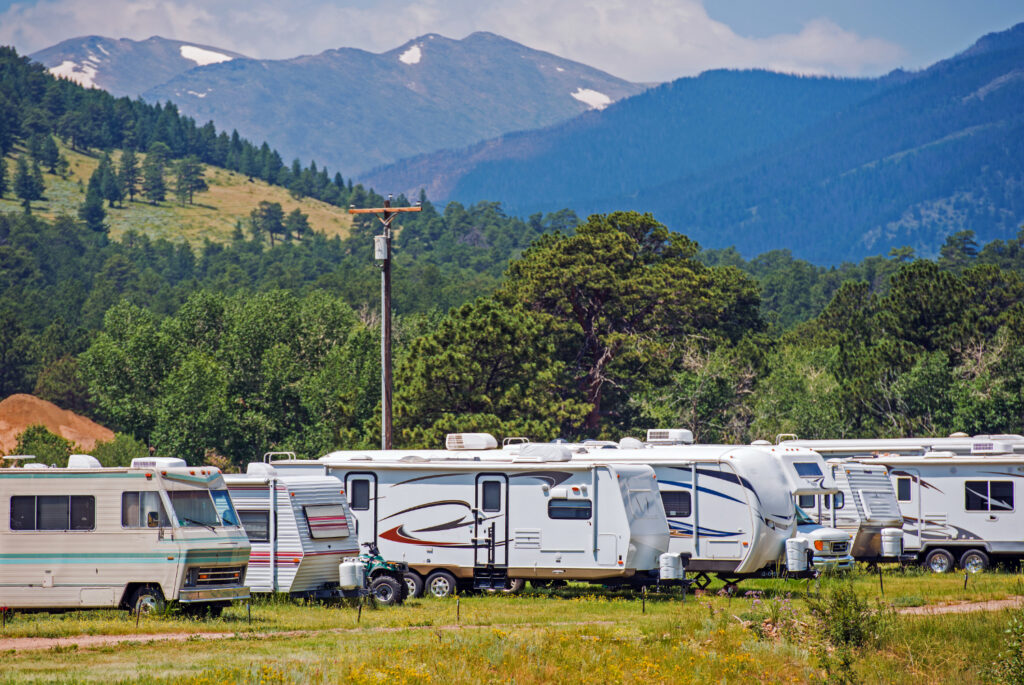
How to Apply for Campground Permits
Applying for campground permits takes time, planning, and persistence. While the process may differ by jurisdiction, certain best practices can make your journey smoother.
Step 1: Prepare the Necessary Documentation
Before applying, compile a complete package of supporting materials. At a minimum, you’ll need:
- A detailed business plan describing your campground size, amenities, expected occupancy, and operational plans.
- Scaled site plans showing lot layout, utility hookups, roadways, drainage, and natural features.
- Proof of water access and waste disposal plans, including septic designs and tank locations.
- Emergency and fire safety procedures, including evacuation routes and firebreaks.
- Any required environmental studies or wildlife assessments.
Having these documents ready will speed up the review process and signal to regulators that you’re serious and well-prepared.
Step 2: Meet with Local Officials
It’s often beneficial to schedule a pre-application meeting with your local planning or zoning office. These meetings allow you to ask questions, get feedback on your plans, and avoid surprises during the formal review process. Officials may also flag issues early on, giving you time to resolve them before submitting applications.
Step 3: Submit Applications and Follow Up
Once you’ve gathered your documentation, submit your applications to the relevant local, state, and federal agencies. Be sure to double-check that each submission meets formatting and completeness requirements—many applications are delayed simply due to missing signatures or supporting documents.
After submission, be prepared to respond to clarification requests, attend public hearings, or make adjustments based on feedback. Keeping communication lines open and staying proactive will help move your application forward.
Step 4: Expect Varying Timelines
Permit approval can take anywhere from a few weeks to several months, depending on complexity and jurisdiction. A local permit often moves faster than state or federal approvals. During the review period, inspectors may visit your site or request modifications to your plans.
If your application is denied, you’ll usually have the opportunity to revise and resubmit or appeal the decision. Having a consultant or attorney with land use experience can be helpful in navigating these challenges.
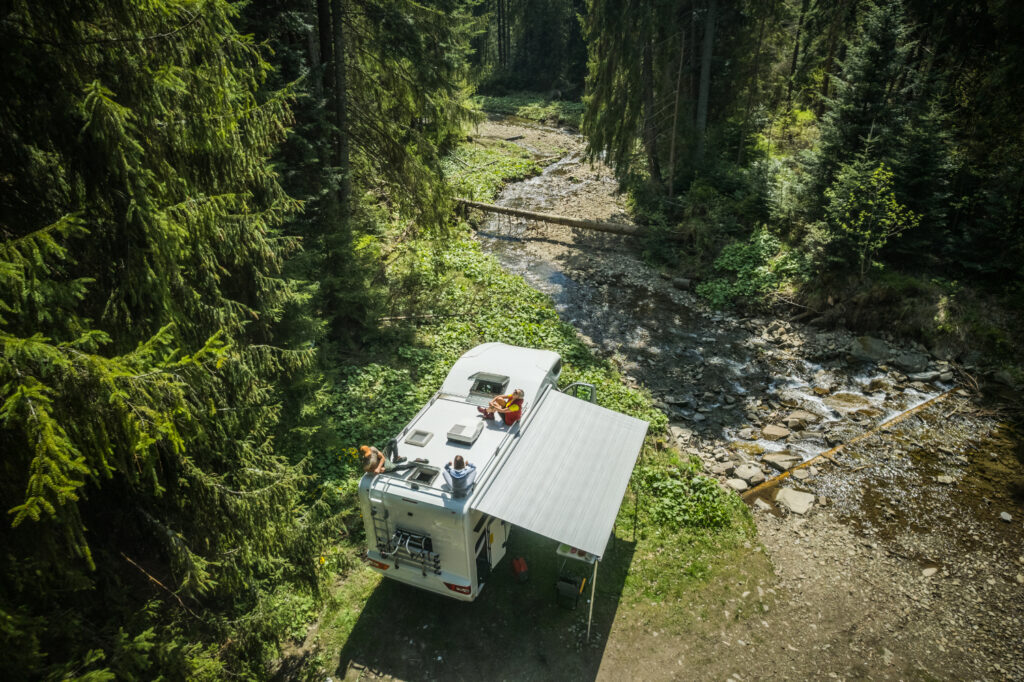
Staying Compliant After Opening
Securing your permits to open a campground is only half the battle. Staying compliant ensures you can continue operating without interruption. This means adhering to the terms of your permits and staying updated on evolving regulations.
Health and sanitation inspections may be conducted regularly, particularly for septic systems, potable water, and waste disposal. Fire safety codes often require equipment checks, brush clearing, and access for emergency vehicles. If you serve food or offer recreational rentals, additional licenses or inspections may be required.
Failing to maintain compliance can result in fines, forced closures, or revoked permits. Set up a system to track renewal dates, schedule inspections, and maintain documentation for each permit.
Final Thoughts and Your Next Steps
Opening a campground is a complex but rewarding process. Understanding the full landscape of permits to open a campground—and managing each requirement thoughtfully—sets the stage for long-term success. From securing zoning approvals to meeting environmental regulations and passing inspections, each step strengthens your business and builds trust with your guests.
As you begin your journey, invest time in research, build relationships with permitting officials, and don’t hesitate to seek expert guidance. The better prepared you are, the more smoothly the process will go.
Frequently Asked Questions
Do I need different permits for RVs versus tent camping?
Yes. RV camping typically requires more infrastructure, including electrical hookups, water supply lines, and sewage disposal systems. These facilities often trigger additional inspections and utility permits. Tent-only campgrounds may have simpler requirements, but if you’re offering restrooms, showers, or other services, you’ll still need health and sanitation approvals.
Are there permit differences between private and public campgrounds?
Absolutely. Public campgrounds, especially those on state or federal land, are subject to additional oversight from agencies like the National Park Service or state parks departments. These permits to open a campground can be more rigorous, involving public bidding processes, ongoing audits, and specific conservation requirements. Privately owned campgrounds usually have more flexibility, but still must comply with local zoning, health, and safety laws.
What happens if I expand my campground later—do I need new permits?
In most cases, yes. Any expansion—such as adding more RV sites, building new facilities, or extending into previously unused land—requires updated approvals. You may need to resubmit site plans, undergo new environmental reviews, and ensure your utilities can support the increased demand. Expanding without proper permits can jeopardize your existing licenses.
Can I operate a campground without sewer hookups or water access?
It’s possible, but heavily restricted. Campgrounds without traditional sewer or water connections may be classified as primitive or dry camping sites. In these cases, you may need to provide alternative sanitation solutions like portable toilets and haul-in water. Local health departments will still require approval, and guest expectations may be more limited without basic amenities.
Is it possible to run a “pop-up” or seasonal campground with fewer permits?
Some jurisdictions offer temporary use permits for seasonal or event-based campgrounds. These typically allow limited operations for a few days or weeks and may have reduced permitting requirements. However, you still need to demonstrate basic health and safety compliance, and your land must be zoned to allow even temporary recreational use. Always check with your local planning department before hosting pop-up events.





